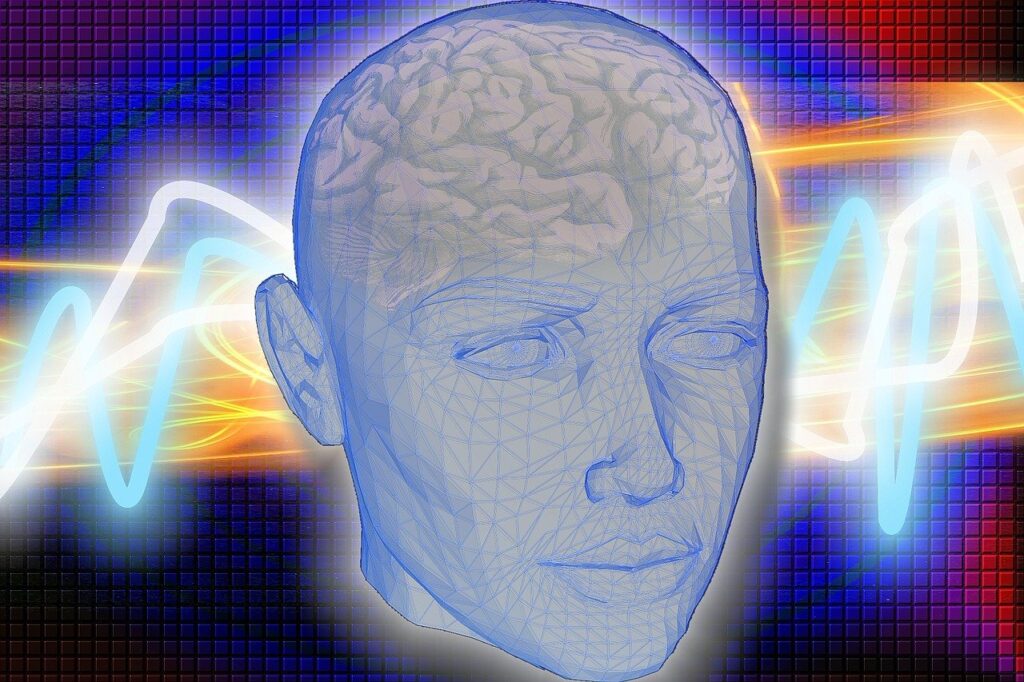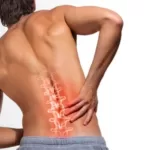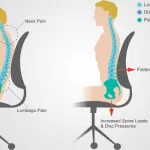Vestibular Dysfunction After a Concussion
Table of Contents
ToggleUnderstanding Vestibular Function:
After a concussion, the vestibular system, responsible for maintaining balance and stability, can be affected. This system collects information from various sensory sources, including vision, proprioceptors in joints and muscles, and the vestibular system located in the inner ear. The vestibular system also coordinates reflexes that involve quick eye movements to adjust to changes in movement and surroundings.
Common Reflexes and Functions:
- Optokinetic Reflex: Allows you to track moving objects, like when following a ball.
- Vestibular-Ocular Reflex (VOR): Helps maintain focus on surroundings during movement, such as when biking.
Components of Vestibular Rehabilitation Therapy (VRT):
- Habituation Exercises: Utilize graded exposure to movement to reduce symptoms over time.
- Balance Exercises: Designed to enhance vestibular input for improved balance.
- Gaze Stabilization: Involves re-training the VOR through coordinated eye and head movements.
VRT Process and Recovery:
- A trained clinician can assess your vestibular system’s function through balance tests, eye movements, and reflex evaluations.
- Tailored exercise programs are developed based on assessment findings to address specific symptoms and deficits.
- Consistent practice of VRT exercises at home can help decrease symptoms and expedite recovery from vestibular dysfunction post-concussion.
Symptoms of Vestibular Dysfunction Post-Concussion:
Changes in vestibular function may manifest as dizziness, nausea, visual disturbances, or balance issues with movement. Difficulty focusing can lead to eye strain and headaches.
Conclusion:
Understanding and addressing vestibular dysfunction after a concussion is crucial for effective rehabilitation. Through VRT exercises and professional guidance, individuals can manage symptoms, improve balance, and facilitate recovery from vestibular-related issues following a concussion.
Seeking Professional Help:
If you experience symptoms of vestibular dysfunction following a concussion, it’s essential to seek evaluation and treatment from a healthcare provider trained in Vestibular Rehabilitation Therapy (VRT). This specialized therapy aims to address the specific challenges posed by vestibular dysfunction, helping you regain balance, reduce symptoms, and improve overall function.
Importance of Consistency:
Consistent engagement with prescribed exercises is key to maximizing the benefits of VRT. While progress may be gradual, regular practice can lead to significant improvements over time. It’s essential to adhere to the recommended exercise regimen and communicate any changes or challenges to your healthcare provider.
Holistic Approach to Recovery:
In addition to VRT exercises, a comprehensive approach to recovery may involve lifestyle modifications, symptom management strategies, and ongoing monitoring of progress. Your healthcare team may recommend adjustments to your daily activities or environmental factors to support your recovery journey.
Self-Care and Advocacy:
Taking an active role in your recovery is empowering. Alongside professional guidance, practicing self-care, managing stress levels, and advocating for your needs are vital components of the healing process. Remember to prioritize your well-being and communicate openly with your healthcare provider about your goals and concerns.
Vestibular dysfunction following a concussion can significantly impact daily functioning and quality of life. However, with appropriate evaluation, treatment, and commitment to rehabilitation, many individuals can experience meaningful improvements in symptoms and regain confidence in their balance and stability. By working closely with healthcare professionals and maintaining a proactive approach to recovery, you can navigate the challenges of vestibular dysfunction and move towards a fuller, healthier life.











